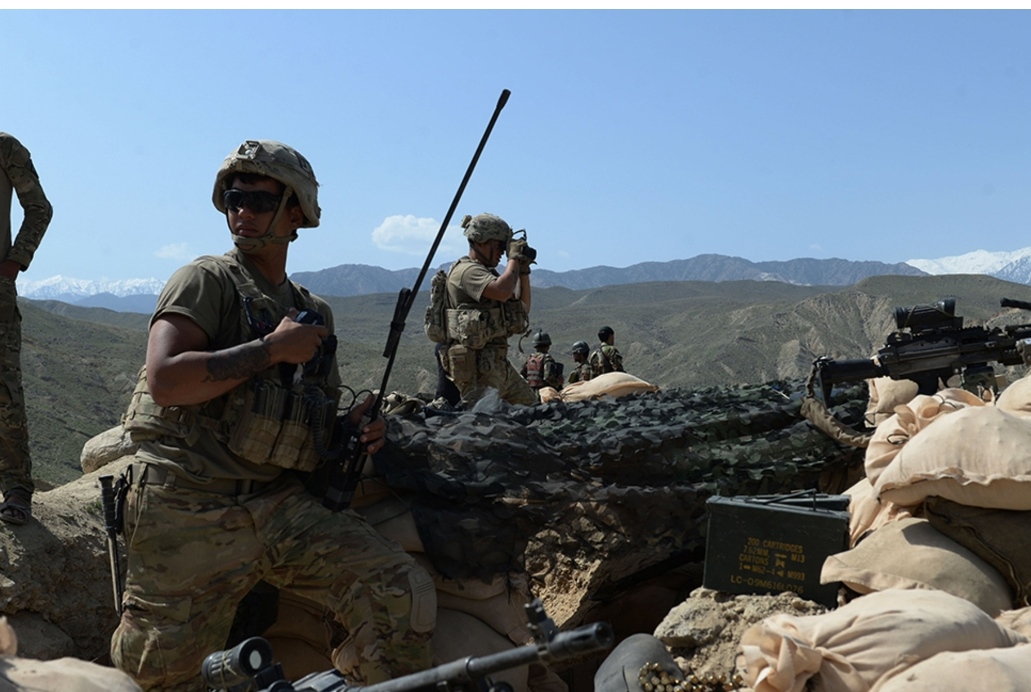Pakistan, Taliban Conflict Could disrupt Peace In Central Asia

The Baloch Liberation Army (BLA), which seeking liberation of the Baloch people from illegal occupation since 1954 by Pakistan claimed to have killed over 100 Pakistani soldiers in two separate attacks on Frontier Corps bases in Baluchistan’s Panjgur and Noshki districts.
Although the Pakistan Army only acknowledged a much smaller number of casualties in the BLA attacks, the figure of 9 soldiers was nonetheless substantial. In fact the BLA statement issued on February 5 claimed that the BLA’s Majeed Brigade had held control of the army’s Panjgur camp for 60 hours, and had repelled an attempt by the Pakistan military’s Special Services Group when it tried to retake the camp.
The BLA also opposes Chinese investment in Baluchistan, including at the port of Gwadar. It accuses the Pakistan army of collaborating with China, in colonizing and exploiting the rich mineral and energy resources of Baluchistan and depriving the Baluchs.
However, it is not just the Baluch groups that have been hitting the Chinese interests in Pakistan. In 2021, as the Taliban advanced in Afghanistan, even the TTP members intensified their assaults in Pakistan and undertook at least two attacks targeting Chinese workers and the Chinese Ambassador to Pakistan. The Taliban and the TTP share strong historical, ideological, cultural, ethnic and linguistic linkages, which make it very difficult for Kabul to act against the TTP.
Now the escalating conflict between Pakistan and the Taliban could pose serious challenges to peace in not only Pakistan – Afghanistan but also in Iran and the Central Asian countries bordering Afghanistan. Some trouble may also move towards Pakistan Occupied Territory in Kashmir. India too is on high alert and ready to squash any attempt in its Union Territory of Jammu & Kashmir.
Pakistan which in a way is the creator of Taliban and was its ardent supporter, this week became the first country to formally accuse the Taliban regime. Islamabad had painstakingly nurtured and harboured terrorist groups and allowed them the freedom to launch cross-border attacks against Afghan forces and interests from within Pakistan territory. Now it seems things have been reversed.
Despite ample support, a rift has emerged between the Taliban and Pakistan over the growing terror activity of Tehrik-i-Taliban Pakistan (TTP). Recently, in the attack by the TTP at least five Pakistani soldiers were killed at a border post by firing from neighbouring Afghanistan.
Meanwhile, the Taliban, on its part, denied that the firing had come from within Afghan territory.
It further reported that the TTP has stepped up attacks since it unilaterally walked out of a month-long ceasefire agreement brokered by the Taliban in early December after accusing Islamabad of not fulfilling its promises.
Pakistani officials are convinced that the Taliban has turned a blind eye to TTP activities since returning to power. Islamabad, after trying to downplay security threats and other challenges from Afghan soil for some time now, seems to be at a juncture where it is running out of patience with the Taliban.



